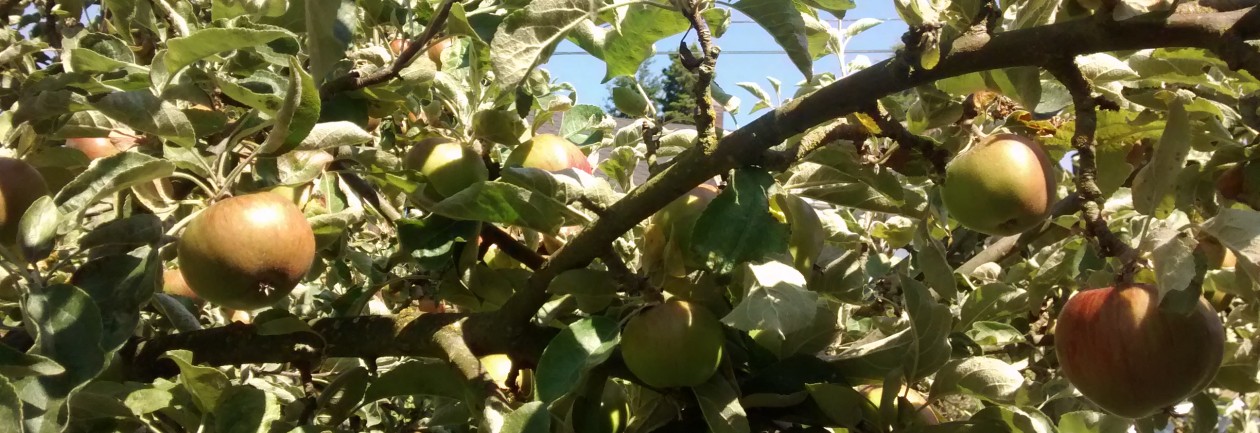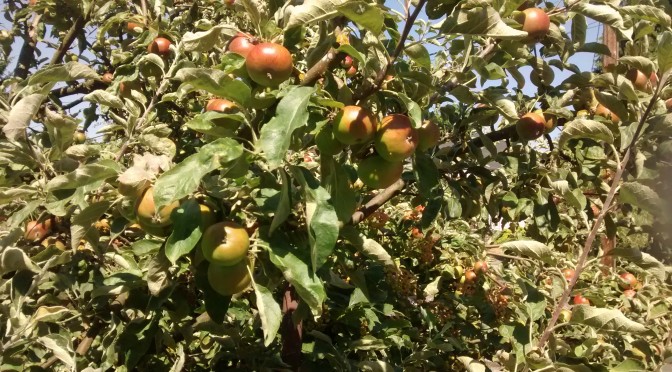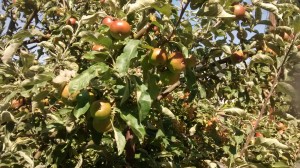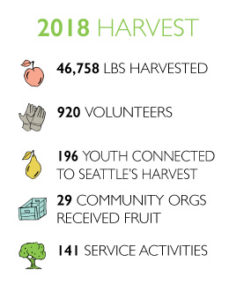Believe me, I had no intention to sit and write anything this morning, Tuesday, with the hours counting inexorably down until the first Seder this Friday night. I am busy purging my home of leavened products, which involves plenty of deep cleaning, particularly in my kitchen.
During the preparation for Passover, great attention is given to each item relating to the kitchen: the dishes, the cooking utensils, counter tops, stoves and ovens, it all gets a severe once over. According to tradition, everything that has come in contact with wheat or grain during the year must be cleaned in a way consistent with how it was used. It’s a labor of love and I’m grateful for it.
This morning, I was sitting enjoying my coffee and reading from my Facebook feed when I saw it – the last straw, as it were. An article in National Geographic about how microplastics are literally raining from the sky, and can now be found in measurable concentrations even in the remote reaches of the Pyrenees Mountains in Southern France. We are increasingly aware that plastic is in fact toxic at every stage of its “lifecycle,” and is building up in the oceans and in the food chain. New plans to turn America’s Rust Belt into a Plastics Belt fed by fracked natural gas mean that the pieces are being set in place to dramatically increase plastics production world wide, without any plan for managing the resulting waste stream.
Given that I am already holding each item in my kitchen up to scrutiny, it struck me that now is exactly the time to make a quantum leap towards dramatically reducing my use of plastic in the kitchen, especially single use plastics.
What if you don’t celebrate Passover? Maybe Spring Cleaning is a more familiar tradition in your home; or maybe you find you are becoming an acolyte of Marie Kondo? Any of these practices can serve as a motivating impetus to make a big change.
But how does this relate to the central message of Passover – which is “freedom?” For me, that’s easy. I do not feel “free” to act out my ethical values of leaving my children the beautiful and life-sustaining world of abundance that I want for them, and that I believe their Creator wants for them, as long as I am behaving like a slave to the petrochemical industry and a culture of waste for the sake of convenience.
This year, starting right now at Passover, I will focus on my freedom to honor the Divine gift of life in all of its myriad, beautiful, and interrelated forms by reducing my contribution to the world’s growing plastics nightmare. I trust that in doing so, I will join with millions and millions of other people the world over, a mixed multitude if you will, who are also seeking this sort of freedom. Please join me, and keep me posted on how it’s going!




